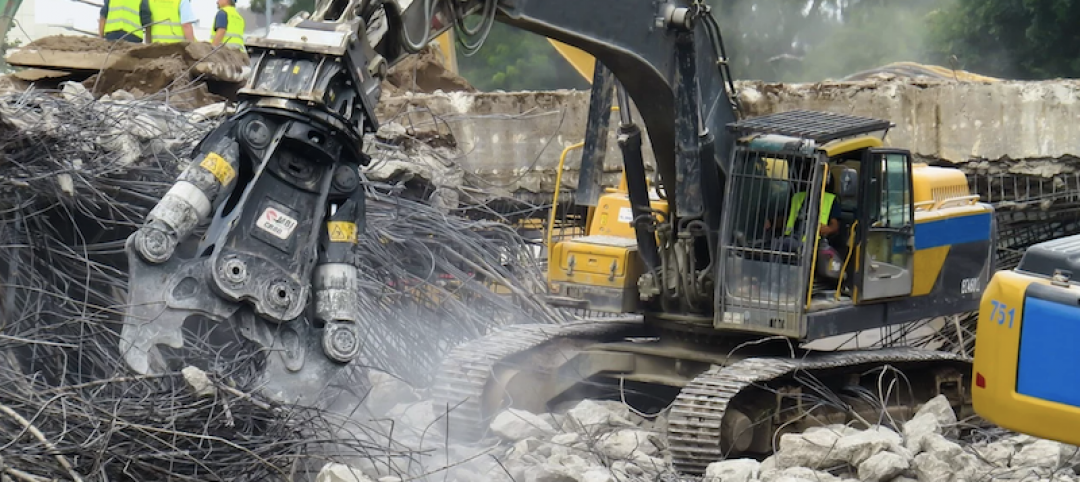The Washington, D.C., practice of global design firm Perkins&Will has pledged to eliminate embodied carbon in every commercial interiors space it designs by 2030.
“We’re setting this ambitious benchmark as a necessary response to the global climate crisis,” says Perkins&Will architect and sustainability expert Jon Penndorf. “We believe the District of Columbia and surrounding communities can lead the way for the rest of the country.”
Embodied carbon is an aggregate of all emissions released during ingredient extraction, product manufacturing, transportation, and end-of-life reuse or non-use. Statistics suggest embodied carbon is responsible for 11% of all global greenhouse gas emissions annually, the firm says. In the building sector, it accounts for more than a quarter of emissions.
“It’s been ingrained in architects and designers to think of heating and cooling as the biggest culprit, some of the worst climate change offenders—our building materials—are hidden in plain sight,” says Perkins&Will architect Rod Letonja. The problem is compounded by interior renovations and new tenant fit-outs. Old interior building materials frequently get discarded rather than reused, and with large leases turning over every 10 years on average, the emissions impact increases over time.
Related Stories
Codes and Standards | Dec 10, 2019
Utilities rolling out more grid-interactive efficient building programs
Focus is on energy savings and demand flexibility.
Codes and Standards | Dec 9, 2019
Canada’s Zero Carbon Building Standard reports first 10 certifications
Projects include new and existing offices, schools, and warehouses.
Codes and Standards | Dec 6, 2019
New research examines flood mitigation policies in the U.S.
Thirteen states or cities have adopted effective measures; some restricting development in vulnerable areas.
Codes and Standards | Dec 5, 2019
USGBC unveils vision for LEED Positive
Roadmap will lay foundation for a future LEED that is regenerative.
Codes and Standards | Dec 5, 2019
Report shows reducing embodied carbon can save money and help mitigate climate change
Embodied carbon now accounts for 11% of global greenhouse gas emissions.
Codes and Standards | Dec 5, 2019
Dubai, London and New York are 2019’s ‘Construction Mega Cities’
From 2007 to 2025, GlobalData expects the cities’ combined gross domestic product (GDP) to increase by more than US$8 trillion to US$20.4 trillion.
Codes and Standards | Dec 2, 2019
New GBCI certification recognizes expertise in sustainability
Provides third-party verification of competency to ‘making the world more economically, socially, and environmentally sustainable.’
Codes and Standards | Dec 2, 2019
New tool allows users to learn how to reduce embodied carbon
Calculator delivers first digitized EPDs.
Codes and Standards | Dec 2, 2019
Trade group challenges St. Petersburg, Fla., ordinance on construction contract mandates
Legality of requirement to hire apprentices, disadvantaged workers at issue.
Building Owners | Dec 2, 2019
What building owners and AEC teams need to know about New York’s Climate Mobilization Act
On April 18, 2019, the New York City Council passed the Climate Mobilization Act, a suite of laws aimed to meet the city’s commitment to achieving carbon neutrality by 2050.

















